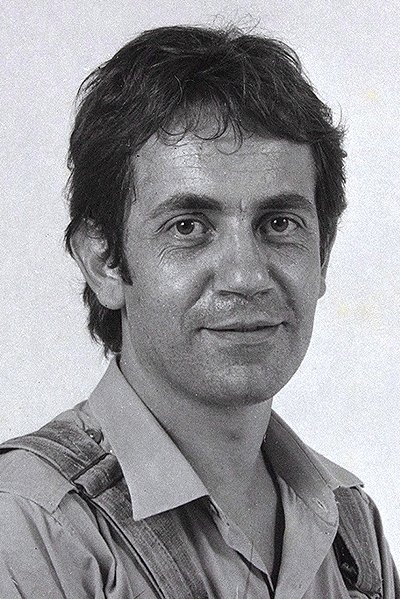

For this behemoth, Bressane took his opera omnia and edited it in an order that first adheres to historical chronology but soon starts to move backwards and forward. The various pasts – the 60s, the 80s, the 2000s – comment on each other in a way that sheds light on Bressane’s themes and obsessions, which become increasingly apparent and finally, a whole idea of cinema reveals itself to the curious and patient viewer. Will Bressane, from now on, rework The Long Voyage of the Yellow Bus when he makes another film? Is this his latest beginning? Why not, for the eternally young master maverick seems to embark on a maiden voyage with each and every new film!
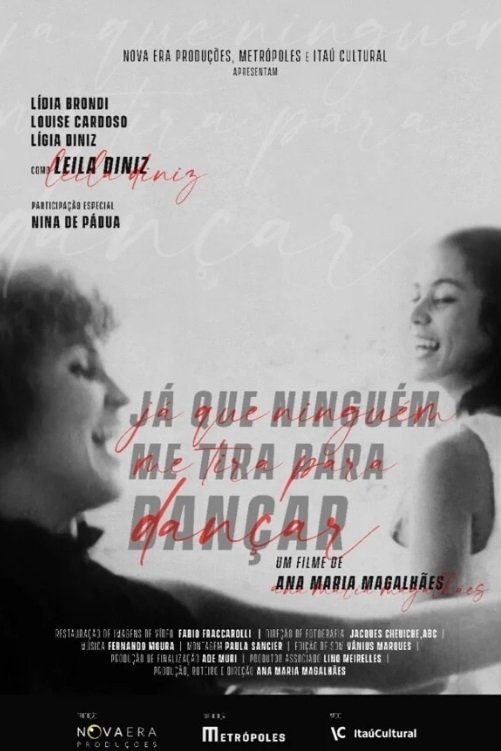
Conducted from interviews with personalities who lived with Leila Diniz (1945-1972), the documentary is a record of an era and, above all, it rescues the participation in Brazilian culture of the actress who opened the way for the sexual revolution during the dark years of the dictatorship.
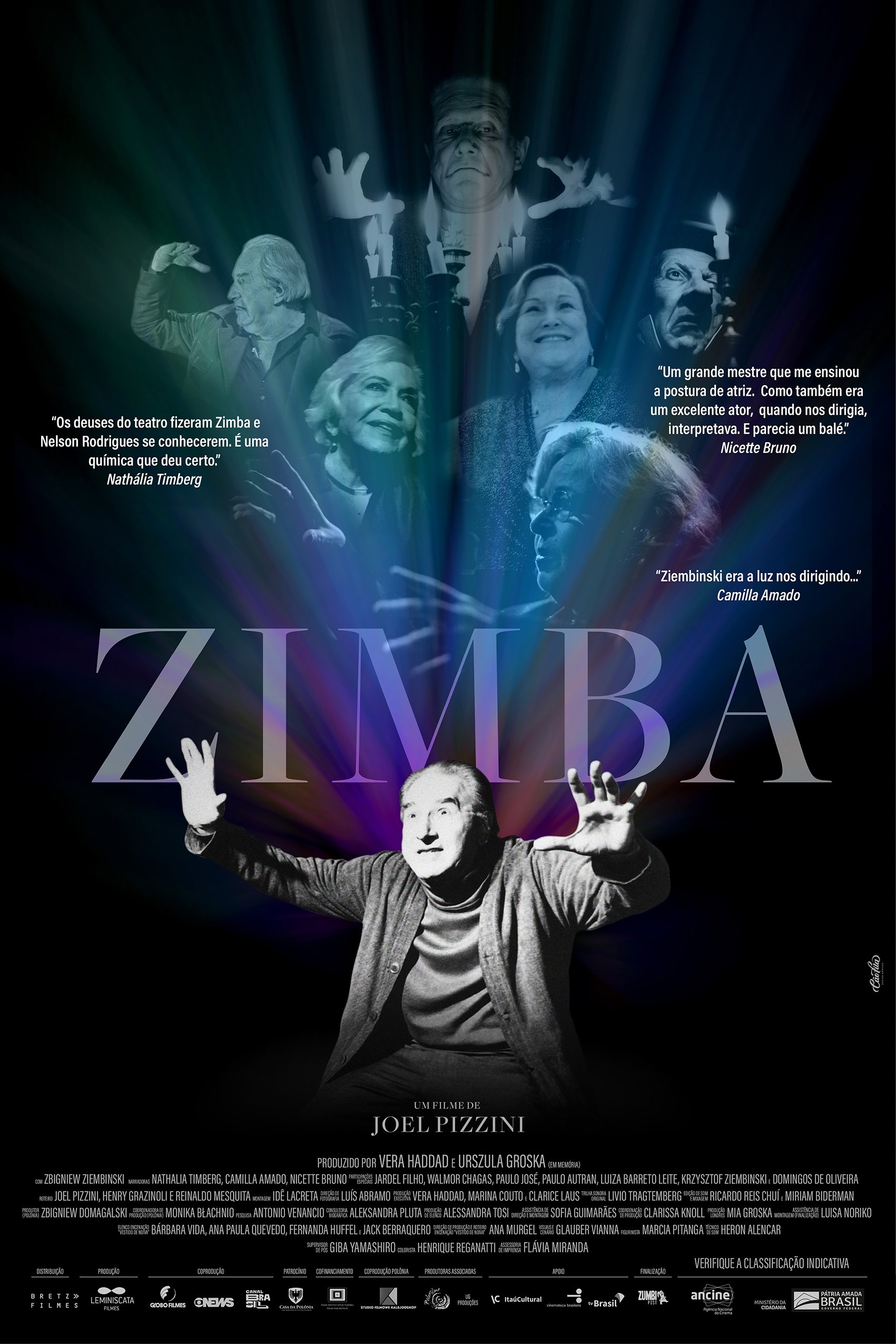
The trajectory and artistic imagery of actor and director Zbigniew Ziembinski (1908-1978), precursor of modern theater in Latin America and master of generations of Brazilian actors. The polyphonic montage builds on vast unpublished material, covering half a century of performances, teletheaters and interviews by Zimba, as he was known – before and after fleeing Poland, on the eve of the invasion of Warsaw – and recreates fragments of Wedding Dress , a play by Nelson Rodrigues which the Polish-Brazilian director won a revolutionary montage in 1943.
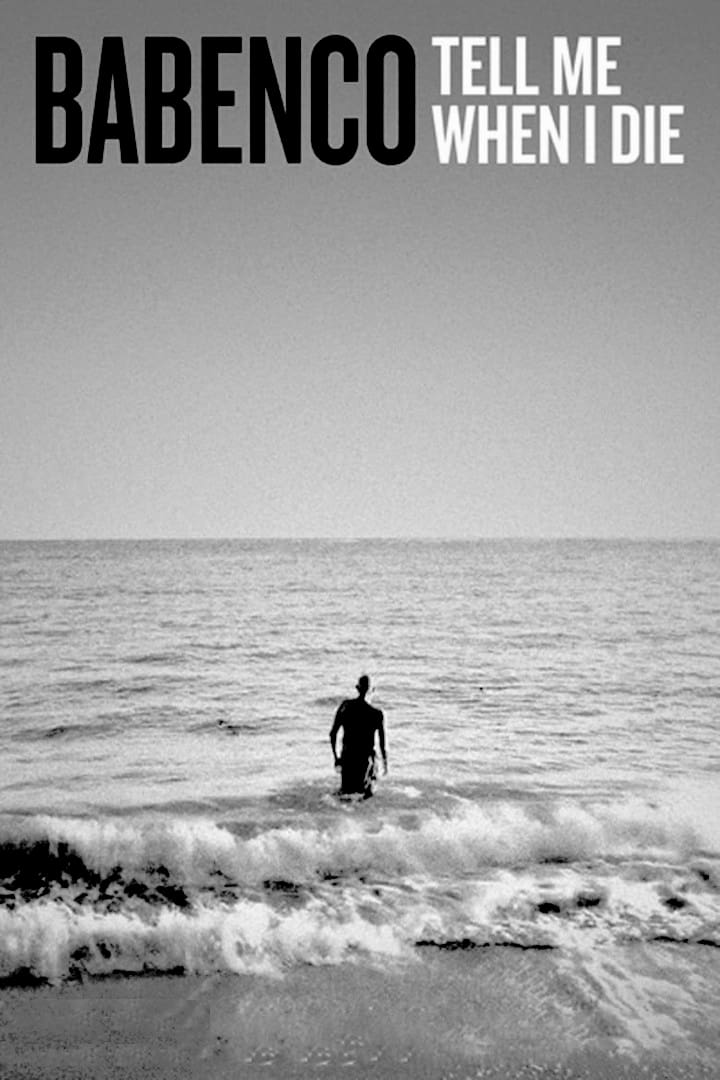
Besieged by cancer and nearing the end, the genius Argentine-Brazilian filmmaker Héctor Babenco (1946-2016) asks Bárbara Paz, his wife, for one last wish: to be the protagonist of his own death.
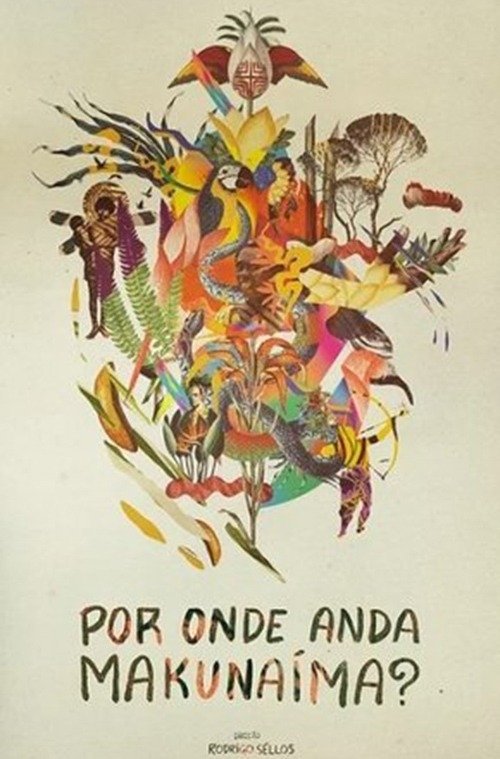
Searching for Makunaima is a cultural and historical account of the most Brazilian character there is in fiction. The film begins with Makunaima, one of the founding myths of the native people from the border between Brazil-Venezuela-Guiana, first captured in the writings of the German ethnographer Koch-Grünberg at the beginning of the 1910s. With interviews in Portuguese, German, Spanish, and in the indigenous languages Macuxi and Taurepang, Searching for Macunaima reclaims this amazing character who represents Brazil in many ways (from literature to cinema to theatre) and remains relevant to date.
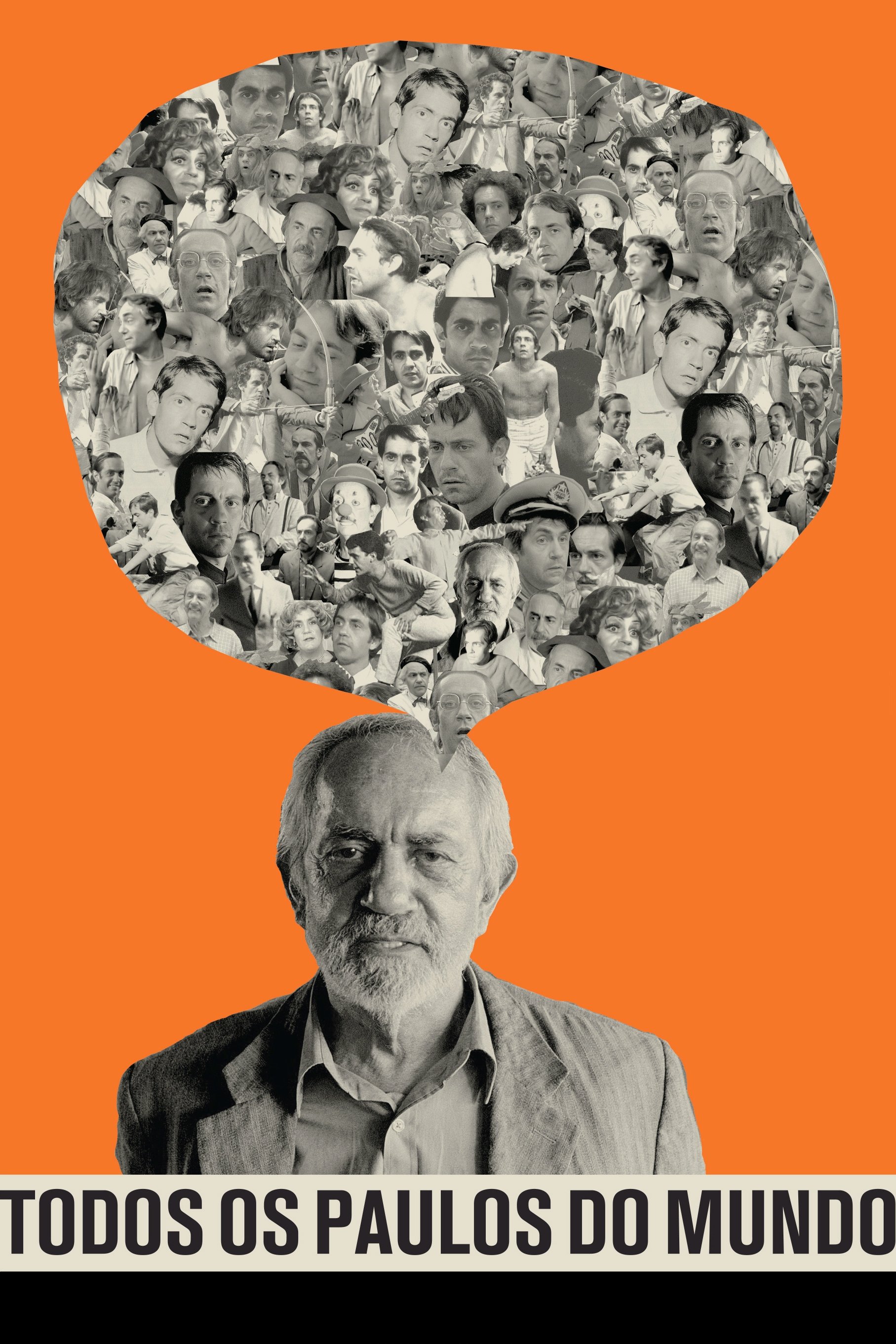
"All Paulos in the World" is a cinematographic essay about Paulo José, one of the greatest artists in Brazil, in the year in which he turns 80 years-old.

Two years of research and visits to collections, cinematheques and museums; almost seventy interviews that generated 30 hours of recorded material; more than two hundred scanned photos and more than one hundred films watched. In total, more than a thousand hours of work were needed to prepare Brazilian Cinema in the 20th Century. The work is a fascinating journey through all the cinematic cycles that Brazil lived, from the pioneering Belle Époque, through the great studios like Atlântica and Cinédia, Cinema Novo, the urban comedies of the 70's, until the resumption in the late 90's. The documentary is unique, it gives the floor to who really wrote and lived this story intensely.

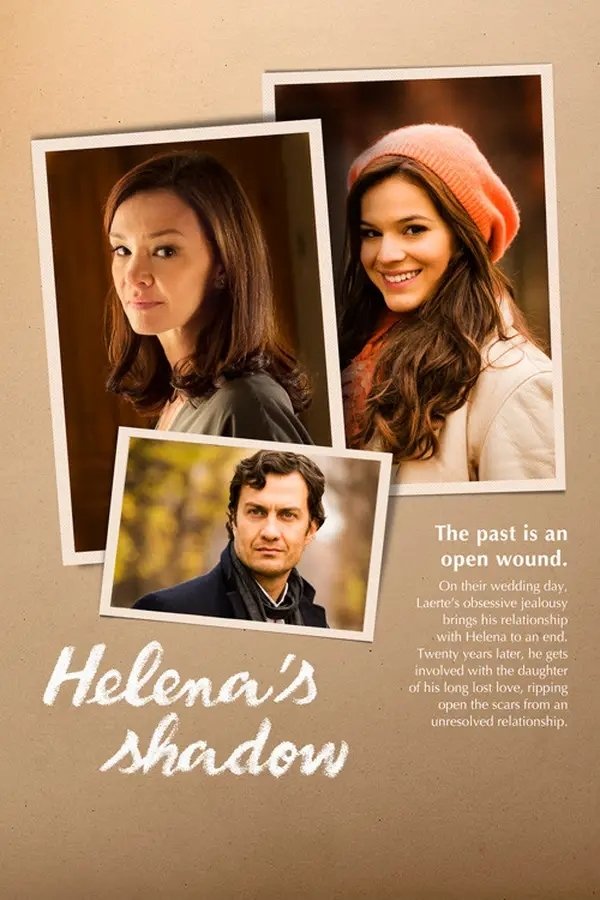
Laerte’s obsessive jealousy brings his relationship with Helena to an end on their wedding day. Twenty years later, he meets Luiza, the daughter of his long lost love. The two fall in love and stir up dormant feelings that profoundly affect Helena’s marriage and her relationship with her daughter. Defying everyone, Laerte and Luiza decide to follow their love to the highest bounds, leaving a trail of conflicts and pain along the way.
Paulo José Gómez de Souza (born 20 March 1937, Lavras do Sul, Rio Grande do Sul) was a Brazilian television and film actor, director and narrator.
By browsing this website, you accept our cookies policy.